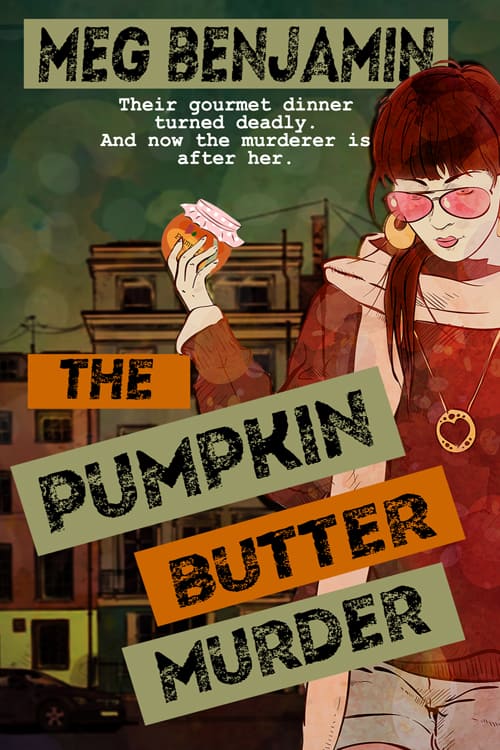Judge Not
I’ve been judging contests for a few years now. I started doing it because I figured since I benefitted from contests as an unpublished writer, I should pay my dues by serving as a judge too. Judging contests for unpublished writers is pretty straightforward. As a rule, you only see the first couple of chapters along with a synopsis. And the basic principle you go by is whether you’d want to go on reading this book if you had the whole thing in front of you.
Since unpublished manuscripts are also, usually, unedited, you also have to deal with typos, clumsy phrasing, and, occasionally, mechanical errors. Some contests tell you to pay no attention to this, but I always think that’s a mistake. Anything that detracts from the overall impression of a manuscript should be noted, and that definitely includes problems with the writing itself. Too many, and the chances are an editor or an agent will toss it on the discard pile.
However, this year for the first time I became a judge in contests for published writers. And suddenly, you’re in a whole different category. These aren’t manuscripts, they’re books. And they’ve been edited, so most clumsiness is gone. You’re now judging the book the way the book should be judged—on its story, its characters, its pacing. Only, of course, you’re not really doing that, at least not only that.
When you sign up to judge a contest, you indicate what genres you’re willing to read, so that you can avoid the kind of romance you’d usually avoid in your book-buying decisions. But you soon discover that these broad categories include both the kinds of books you normally read and the kinds of books you may avoid. Maybe you signed up to judge paranormal, but you suddenly realize you meant vampires and they’re sending you werewolves. Or you signed up to judge romantic suspense and you come to the conclusion that you really don’t like books with paramilitary heroes.
Erotica is a particularly charged genre. Some contests have a specific category for erotic romance, but many don’t. And some judges get a little crazy when it comes to erotic content. I know one judge who sends any book with “erotica” on the cover back to the contest administrators with a stiff note saying she refuses to read this stuff. Another judge marks all erotic books “wrong category” because they’re the wrong category for her. This latter judge, by the way, violates all kinds of judging guidelines when she does this, but she’s on her own personal crusade and woe be anybody who gets in her way.
So what do you do if you end up with a book in a category you don’t particularly like? In my case, I try to take on a different persona as I read, i.e., I may not read paramilitary romance as a rule, but if I did, would I like this? That may sound a little insane, but it sometimes works for me. You can ask yourself whether the problems you encounter are genre related (i.e., are they ones that a typical reader wouldn’t object to) or whether they really are a problem for the writer herself. You have to ask yourself if, leaving aside the paramilitary stuff, the plot works, the characters are interesting, and the story is engrossing.
The point is, when you read a contest entry, you can’t entirely read it as yourself. You’ve got to be able to judge the book on its own merits, not on some personal scale that’s largely specific to you. Does that work? Maybe. You hope so anyway. And I’d suggest it’s a lot better than deciding that you’re going to rid the world of dirty books, one contest entry at a time.
Posted in Blog • Tags: judging, On Reading, writing contests | 1 Comment







Great post, Meg. I haven’t judged any published contests yet, but I’m definitely following your suggestions.